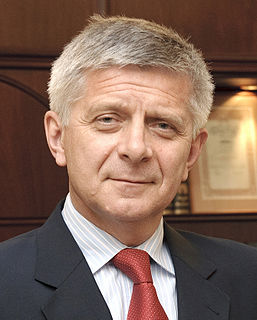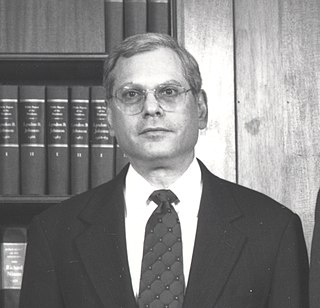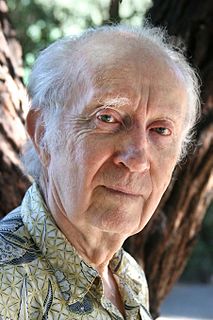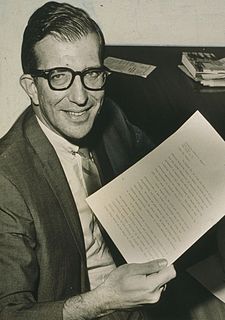A Quote by William Mougayar
There is a new economy out there, what I call the Crypto-Tech Economy, that could be as big, if not bigger, than the web economy. So we have to be prepared for it.
Related Quotes
Today it's fashionable to talk about the New Economy, or the Information Economy, or the Knowledge Economy. But when I think about the imperatives of this market, I view today's economy as the Value Economy. Adding value has become more than just a sound business principle; it is both the common denominator and the competitive edge.
When you take away the subsistence economy, then your farm population is seriously exposed to the vagaries of the larger economy. As it used to be, the subsistence economy carried people through the hard times, and what you might call the housewife's economy of cream and eggs often held these farms and their families together.
We can't have extraordinary dynamism, innovation, and change in the economy and expect to have predictability and stability in our personal lives. It's not as if there are these big, giant institutions existing between us and the economy. In fact, these institutions have become tissue-thin. There is no mediation anymore. We are the economy; the economy is us.
There are broader and narrower definitions of the new economy. The narrow version defines the new economy in terms of two principal developments: first, an increase in the economy's maximum sustainable growth rate and, second, the spread and increasing importance of information and communications technology.
The notion that big business and big labor and big government can sit down around a table somewhere and work out the direction of the American economy is at complete variance with the reality of where the American economy is headed. I mean, it's like dinosaurs gathering to talk about the evolution of a new generation of mammals.
This new economy that's just emerged has a new central economic actor. It's not the worker, the person who produces, nor the person who consumes, the purchaser. It's a new actor that does both things at the same time, call them a creator. They both create and consume in the same single act, and we're just beginning to see the shape of this new economy and it changes not just the economy itself, it's going to change the whole nature of the work relationship.
The chief moral obligation of the 21st Century is to build a green economy that is strong enough to lift people out of poverty. Those communities that were locked out of the last century's pollution-based economy must be locked into the new, clean and renewable economy. Our youth need green-collar jobs, not jails.
... placing economic activity in the context of the whole earth requires attention to the question of scale. Bigger is obviously not better, so the optimum scale of human economy in relation to the total economy becomes basically a question of sustainability. When the effects of the economy on the environment undercut the possibility of its own continuance, the scale is too large.
It's time to admit that public education operates like a planned economy, a bureaucratic system in which everybody's role is spelled out in advance and there are few incentives for innovation and productivity. It's no surprise that our school system doesn't improve: It more resembles the communist economy than our own market economy.

































